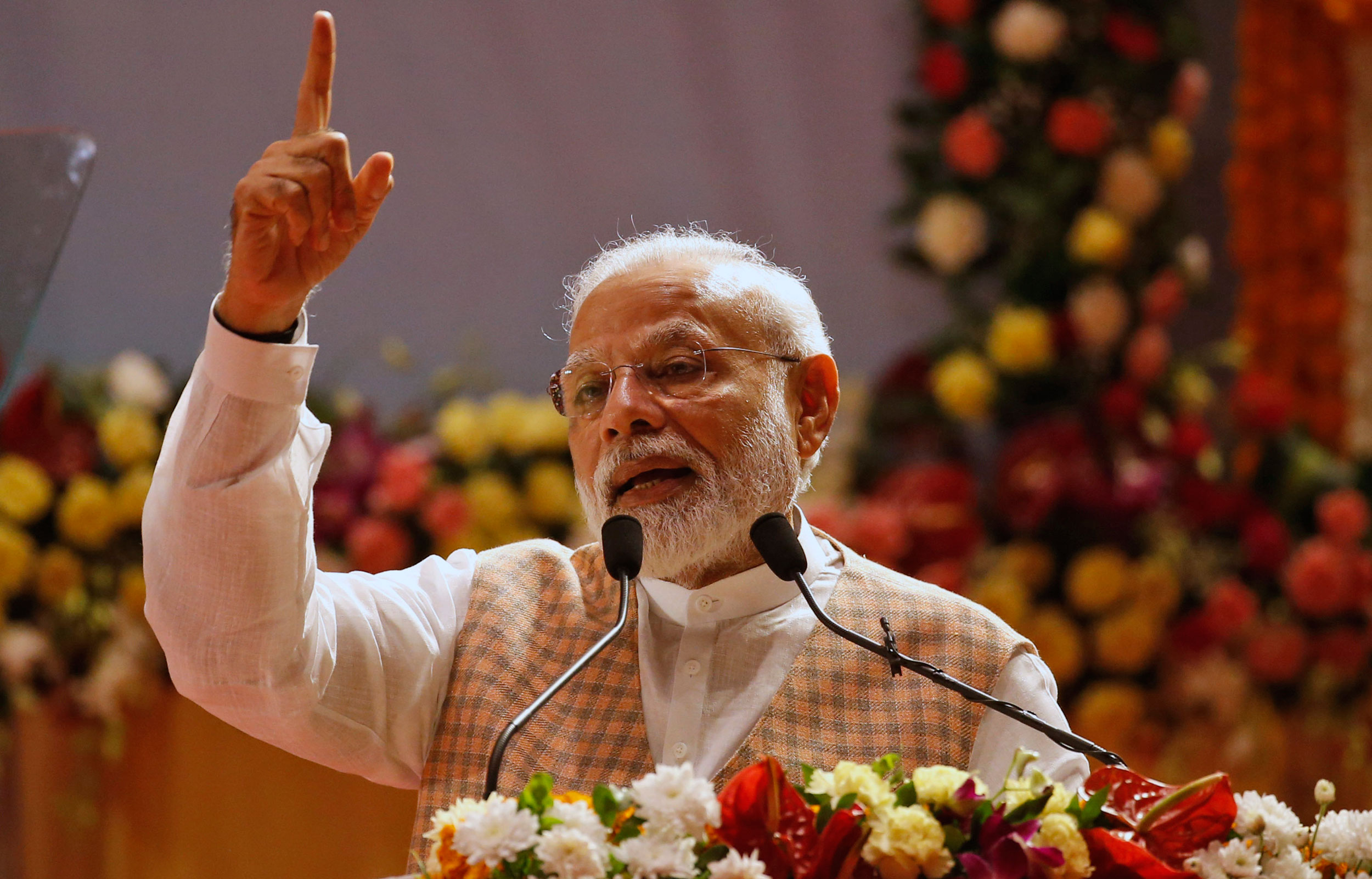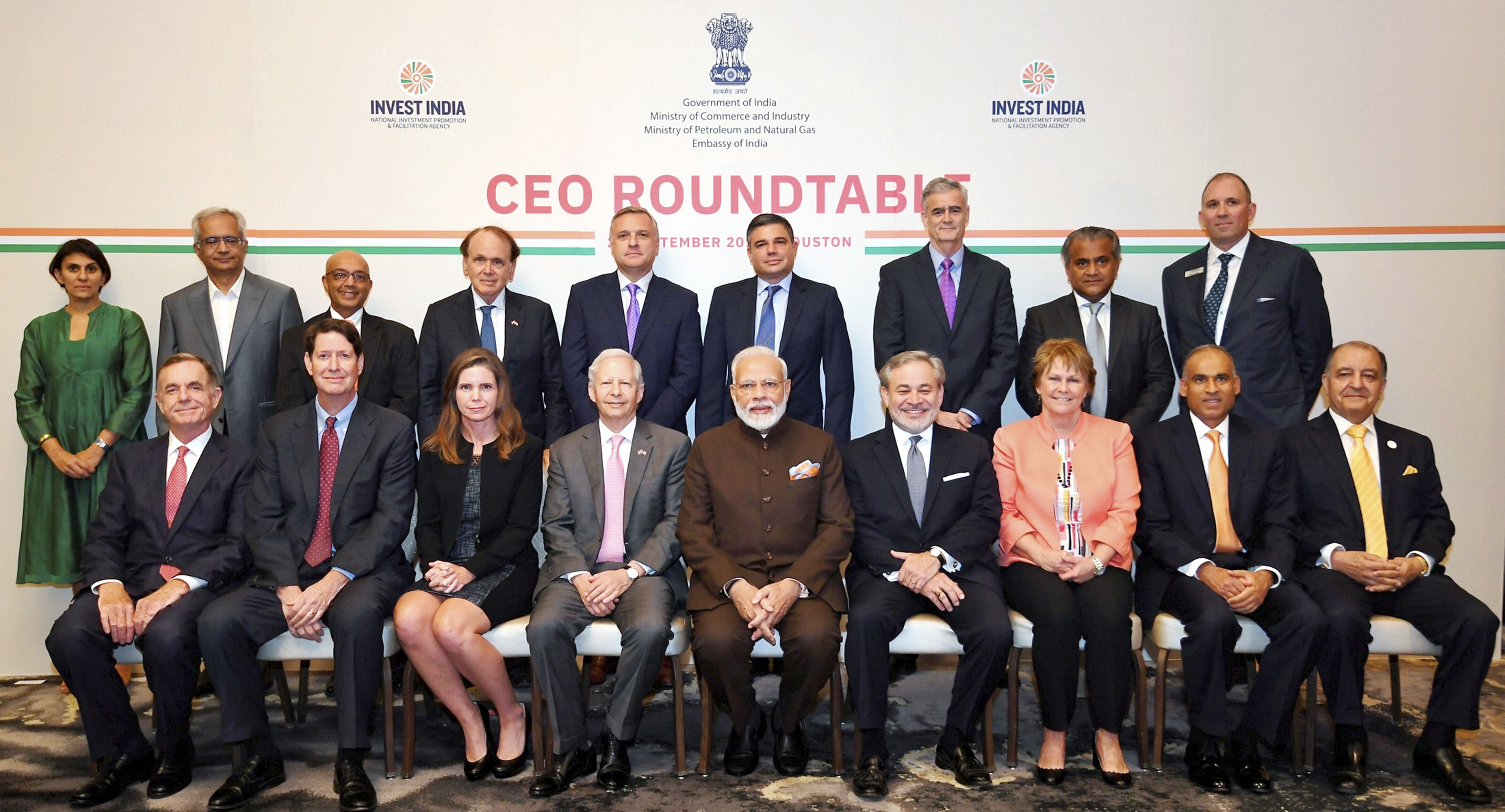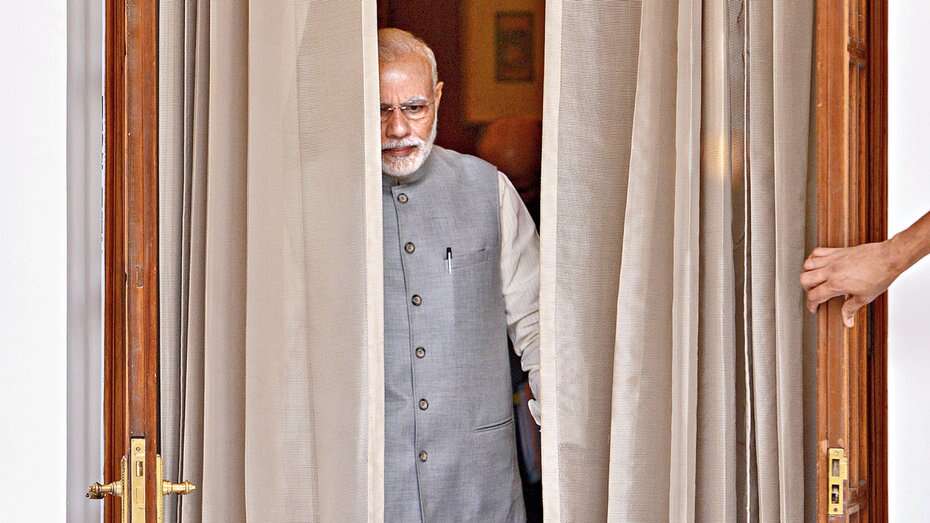A survey of Indian foreign policy since Independence might help us test the link between political ideology and foreign policy. In this period, India was governed by ideologically distinct parties that had very different views on the nature of the Indian nation state. Nehruvian India stood for a civic nationalism based on a liberal Constitution. For the past 25 years, an ethnic nationalism based on majoritarian identity has been in the ascendant. Has this shift made a difference to India’s definition of the national interest?
Is the direction of Indian foreign policy determined by an enduring, objective, non-partisan understanding of the national interest, or does the ideological colouring of the ruling dispensation influence the definition of the national interest? In an excellent revisionist study of India’s foreign policy during the Cold War, Zorawar Daulet Singh writes that Jawaharlal Nehru’s ‘role conception’ for India at Independence was that of a peacemaker. This was based on three core beliefs: an internationalism centred on Asia, a rejection of realist, balance-of-power politics and an alternative conception of security called the peace area.
The conventional wisdom of India’s foreign policy establishment has been that the foreign policy choices before successive Indian governments have been uniform. In the South Asian neighbourhood, diplomacy and coercion have been used by successive Indian governments to manage Pakistan, Nepal, Sri Lanka and the Maldives. Similarly, every Indian government has a choice to make about how muscular India’s border policy with China can be without triggering conflict. The need to secure the neighbourhood from Chinese influence has remained a constant. Alongside this, every government confronts the need to ally with the United States of America to balance out China while guarding against the danger of becoming a US satellite.
The election of two successive BJP governments with absolute majorities gives us an opportunity to test the relationship between ideology and foreign policy. The Bharatiya Janata Party has traditionally criticized Congress governments for being timorous and hesitant in the face of external provocation. Substantively this is inaccurate; the two largest military interventions in the affairs of India’s neighbours were both initiated by Congress governments: Indira Gandhi’s partition of Pakistan in 1971 and Rajiv Gandhi’s ill-judged military intervention in Sri Lanka’s civil war. But there is a real difference in substance and style that can be plausibly attributed to their ideological moorings.
Narendra Modi came to office as a decisive populist promising a more virile foreign policy. We have seen this machismo in action in India’s willingness to retaliate against military and militant violence with cross-border strikes. The stand-off on the Sino-Bhutanese border at Doklam was a sign that India was willing to draw red lines for China and back them up with military resolve. Most recently, Modi’s air strikes on Pakistan in the wake of the Pulwama atrocity were seen as a departure from the unwillingness of Congress-led governments to risk cross-border reprisals. The reprisals did no real damage but they symbolized the government’s determination to call Pakistan’s bluff and were widely credited with helping Modi win the subsequent general election.
The willingness to talk up military retaliation is a departure for Indian foreign policy. The BJP is more willing to do that than the Congress was because the BJP is the party of Hindu nationalism and military skirmishing with Pakistan plays well with its base, eager to see India put ‘Muslim’ Pakistan in its place.
Modi’s largest foreign policy gamble has been the abolition of the state of Jammu and Kashmir. His government erased the state’s constitutionally-mandated autonomy and then divided it into two Union territories, political units administered by the Central government. This abolition of the law that enshrined Kashmir’s autonomy and special status had long been seen by the BJP as the appeasement of India’s only Muslim-majority state. The move to end this ‘pampering’ of Muslims helped brand Modi as a decisive prime minister unwilling to be constrained by political correctness or external censure. No Congress government could have taken this step because the Congress is rhetorically committed to the idea of a pluralist democracy even if its policies in office often contradict this commitment. Foreign policy choices, or political choices with foreign policy implications, are, in fact, shaped by ideological positions.
Similarly the Government of India’s willingness to take a strong line on Rohingya refugees is ideologically consistent with the BJP’s general hostility towards Muslims. The present government is committed to passing an amendment to India’s citizenship law that would amnesty all illegal migrants from Bangladesh, Afghanistan and Pakistan, except Muslims. The BJP’s chief ministers are enthusiastic about setting up a National Register of Citizens in every Indian province to purge illegal migrants. Should the citizenship amendment bill pass, the only illegal migrants of interest to the police will be Muslims. The foreign policy implications of this are substantial.
The home minister has repeatedly pledged that all ‘infiltrators’ (his word for Bangladeshi Muslims) will be expelled from India. The implication of this is that they will be returned to Bangladesh. Bangladesh, currently host to a million and more Rohingya refugees, is unenthusiastic about this prospect. India’s foreign minister recently assured Bangladesh’s government that the fate of these illegal migrants was India’s internal affair. How this circle will be squared remains to be seen but this government’s willingness to endorse a process that has created around two million and more non-citizens in a border state testifies to the importance of ideology in shaping policies with serious foreign policy consequences.
It is not a coincidence that Netanyahu’s Israel is embraced by Modi’s India. The thaw in India’s relations with Israel dates back to the early 90s, but Israel’s image as a muscular Jewish State with a short way with its Palestinian minority makes it a model for India’s majoritarian nationalists. Benjamin Netanyahu, Shinzo Abe, Vladimir Putin, Donald Trump, Rodrigo Duterte, Xi Jinping, Viktor Orbán, Matteo Salvini, Aung San Suu Kyi and others have helped create an enabling environment for Modi’s view of the world by making majoritarianism globally respectable.
As India’s economy has slowed sharply in the absence of structural reforms, it has become harder to maintain that the main goal of Indian diplomacy is creating an enabling environment for economic development. Its principal aim seems to be to use this moment in global politics to deflect international criticism while implementing a majoritarian domestic agenda.
China’s incarceration of the Uighur, Myanmar’s purge of the Rohingyas, Sri Lanka’s brutal resolution of the Tamil question and Netanyahu’s success in abandoning the two-state solution has encouraged majoritarian parties all over the world to see the present as the forge in which to remake their countries in their ideological image. That India’s embedded foreign policy pundits continue to describe diplomacy under Modi and S. Jaishankar as realist business-as-usual is unsurprising and shouldn’t distract us. The main goal of this government’s diplomacy is to provide international cover for India’s transition into a majoritarian Second Republic.
mukulkesavan@hotmail.com












